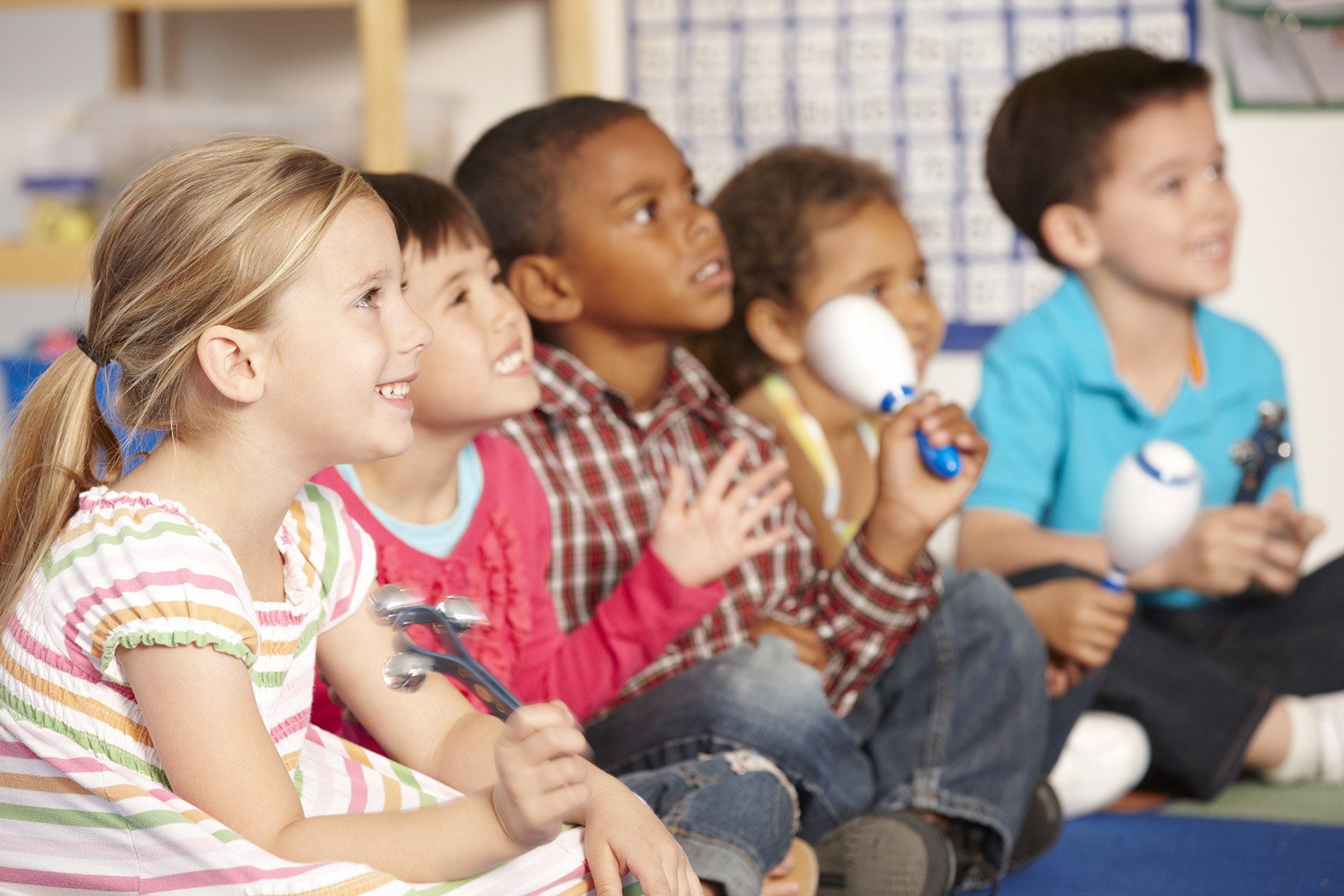Physical Education
Our Curriculum
At St William’s Catholic Primary School, our curriculum stems from our Mission Statement:
‘By following Jesus’ example, standing side by side, we will nurture each other to fulfil our hopes and dreams’.
We are passionate about helping every child to fulfil their potential and become an all-round versatile citizen with the skills needed to succeed in life. We design our curriculum to ensure it is fully inclusive of every child and that it addresses each aspect of how a child develops, progresses and grows both academically and emotionally. We recognise that we live in a rapidly changing digital world and at St William’s we want to enable our children to not just learn WHAT to think, but HOW to think by developing intellectual learning behaviours. ‘Thinking’ is at the heart of our curriculum because our intent is to future proof our children so they become independent and resilient citizens.







